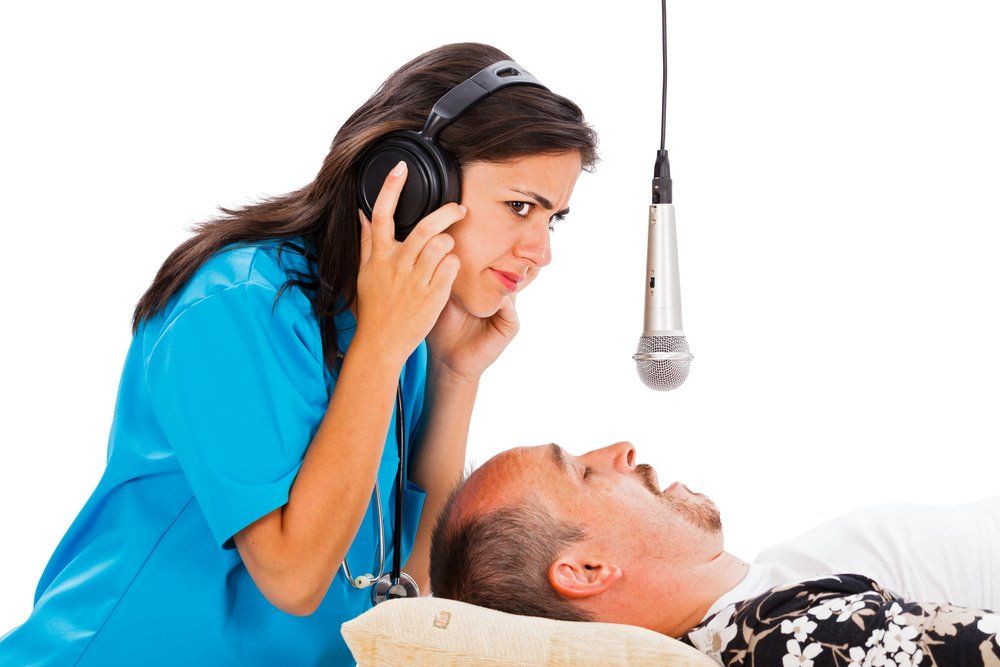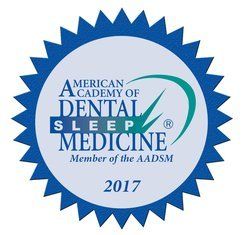What Kind Of Doctors Diagnose And Treat Sleep Apnea?
Doctors That Help Treat Obstructive Sleep Apnea
Do you suffer from loud snoring, headaches, and/or excessive daytime sleepiness? Symptoms like these and others may be associated with a serious and potentially life-threatening sleep disorder called obstructive sleep apnea (OSA).
Timely diagnosis and treatment are paramount, but what kind of doctor should you see if you suspect you have OSA? Your choice is important because OSA can be difficult to diagnose.
In fact, up to 80 percent of people with mild to moderate OSA go undiagnosed. And although common risk factors such as being an overweight, middle-aged male raise a reg flag, you can’t go by these alone. OSA can occur in both men and women of all ages, including people of normal weight.
OSA keeps you from getting good, quality sleep that is essential to your physical and mental health and wellness. With OSA, your breathing repeatedly stops and starts during sleep, resulting in a decreased oxygen supply to vital organs.
This usually occurs when the soft tissue in the back of the throat collapses or narrows and blocks the upper airway. Your brain, sensing an interruption in breathing, momentarily awakens you to reopen your airway and restart breathing.
Discussing symptoms with your doctor so you can be appropriately diagnosed and treated can improve your quality of life and may even save your life. OSA is tied to a host of chronic health conditions, including underlying coronary disease and cardiovascular risk factors such as diabetes, hypertension, and heart failure.
Dentists
Primary Care Physician
Sleep Medicine Physicians
Ear, Nose and Throat Doctors (Otolaryngologists)
Pulmonologists (Breathing/Lung Doctors)
Neurologists
How Do Doctors Diagnose Sleep Apnea?
When you see a medical professional for OSA, be prepared to discuss your symptoms and answer questions. The doctor will also review your medical history, medications you take (certain medications can cause the muscles and tissues in the throat to relax and narrow the airway), and perform a physical exam.
Usually, a diagnostic sleep study will be performed at an accredited sleep lab where you will be monitored while you sleep. Typically, polysomnography, a noninvasive, gold standard test is recommended. As you sleep, it records various body functions, such as the electrical activity of the brain, eye movement, muscle activity, heart rate, respiratory effort, air flow, and blood oxygen levels.
Other types of studies are available depending on your situation and symptoms, including in-home sleep studies that utilize a device to measure airflow, blood oxygen saturation, and breathing patterns while you sleep. Once an OSA diagnosis has been made, you may be treated by your sleep medicine physician or referred to one of more specialists for treatment taking a multi-disciplinary approach.
When Should I See a Specialist?
- Excess Throat and Neck Tissue. Bulky, fatty throat and neck tissue and poor muscle tone are often linked to being overweight or obese and can lead to airway narrowing.
- Age. The normal aging process can cause throat and tongue muscles to sag and relax, blocking your airway.
- Anatomical Anomalies. Problems with your nose and throat anatomy tied to snoring include a deviated septum, a narrow throat, a cleft palate, and enlarged adenoids and/or tonsils.
Contact Us for an Obstructive Sleep Apnea Consultation
If you know or suspect you have obstructive sleep apnea, find out how Dr. Katherine S. Phillips can help you find relief. Schedule an appointment today. As a board-certified sleep dentist who holds a Master of Science in Orofacial Pain, her practice is dedicated to treating sleep disorders, including obstructive sleep apnea, as well as TMD. She will develop a customized treatment plan to best meet your individual needs.
- Sources
- 5 Surprising Facts About Sleep Apnea. https://health.clevelandclinic.org/5-surprising-facts-about-sleep-apnea/
- Trends in CPAP adherence over twenty years of data collection: a flattened curve. https://www.ncbi.nlm.nih.gov/pmc/articles/PMC4992257/
Contact Us Today For A Consultation!
Contact Us
Thank you for reaching out to us at REstore TMJ and Sleep Therapy. We look forward to helping you. We will follow up within 24 hours for contact requests received during normal office hours Monday – Thursday. If you have submitted a request later in the day on Thursday – Sunday, we will follow up on Monday. If you would like to talk to us before we can get to your request, please feel free to give us a call at 281-296-6797 Monday – Thursday 8am – 4:30pm. Have a great day!
Regards,
Dr. Katherine Phillips and Staff
Please try again later.
REstore TMJ & Sleep Therapy P.A.
1001 Medical Plaza Drive,
Suite 200 | The Woodlands, TX 77380
281-296-6797
Dr. Phillips serves TMJ & Sleep patients in: The Woodlands TX | Spring TX | Conroe TX Tomball TX | Cypress, TX | Houston, TX | Kingwood TX | Humble, TX | Katy TX
© 2023 by REstore TMJ & Sleep Therapy | Terms Of Service & Privacy Policy | XML Sitemap
-2700x842-1920w.png)

















